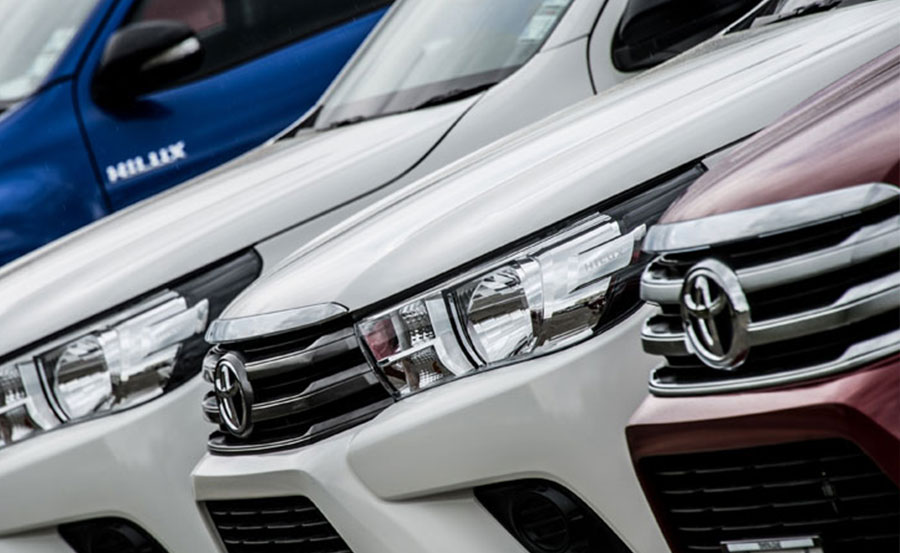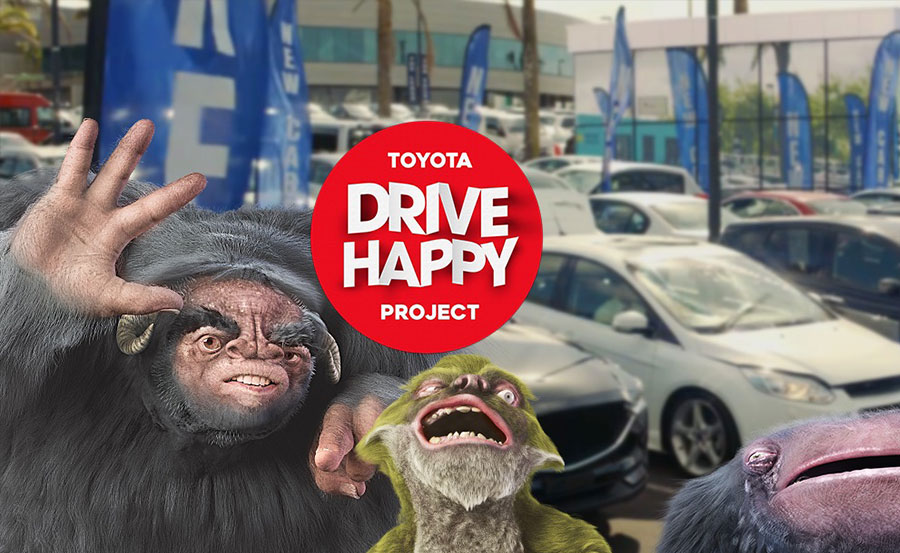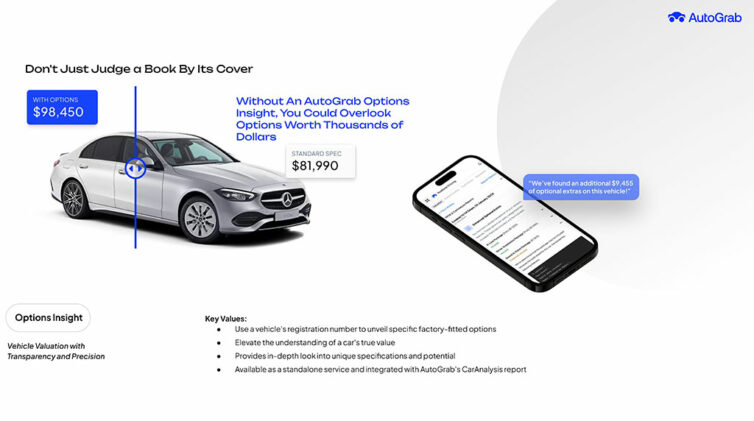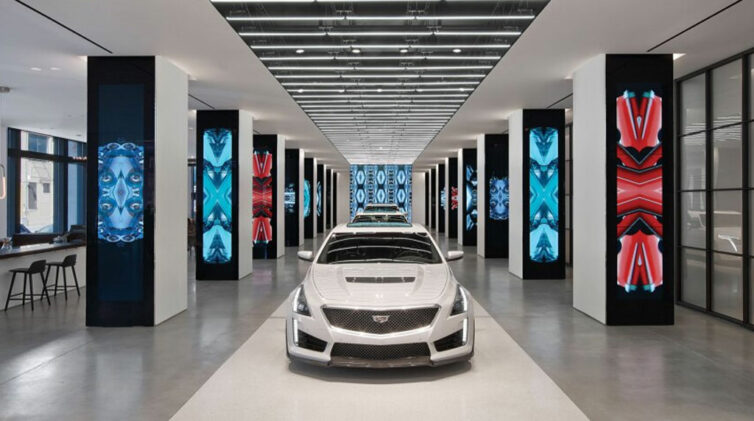
Alistair Davis
TOYOTA New Zealand rattled the cages of traditional dealership structures in March by dismantling the dealer-OEM relationship and creating dealer-operated “agencies”.
Five months later, GoAutoNews Premium has checked in with Toyota NZ managing director Alistair Davis for a progress report.
“We are now up to about 1200 sales in a month which is about back to before we started the program,” said a confident Mr Davis this week.
“I think if we project to a full year (April to March) – we’re only five months in now – I think our market share and our total sales will be almost the same as last year.”
The ‘Drive Happy’ program – conceptually similar to the Honda New Zealand program embraced several decades ago that puts the delivery and ownership of cars in the OEMs hands – is, he said, popular and profitable across all aspects of the business.
“It is a success because we have changed the business model and haven’t caused a catastrophe,” he said.
“We had a pretty slow start in April and May, and now it is probably a pretty good result overall.”
Toyota NZ recorded only 712 sales in April – the first full month of the transition from a conventional sales position to the Drive Happy model – which was a dramatic decline of 25.9 per cent compared with its March result.
“In April we had very poor sales which is exactly what we expected,” Mr Davis said.
“We had moved all the cars out of dealers and into regional pools and so anyone who wanted to buy a car on April 1 would have seen no cars.
“So we started a process of the delivery going to the dealer and then the dealer doing the pre-delivery and fitting any accessories.
“The transition affected about two weeks of sales because that took 10 days or so for the pipeline to be refilled.
“Since then it has been steadily creeping up, though a bit slower than I expected. We knew it would take a while to get rhythm in this business for our stores and our sales staff and our customers.”
Mr Davis said the yo-yo pattern of sales this year was typical of the New Zealand market.

“New Zealand is so tourism dominated that it’s now our biggest industry, ahead of the dairy business,” he said.
“Rental cars make up a significant proportion of the market and we are the strongest brand in this market, so we go up and down as rental cars go in and out of service.
“So you get these strange surges in our business that affects the delivery of 500 or 1000 units – which is quite a lot in one month for New Zealand – depending if it’s going into the ski season or into the summer season.
“When you look at our total numbers it always looks quite volatile but that’s just the nature of customer demand.”
Introducing and maintaining Drive Happy has not come without hurdles. Mr Davis said that the biggest to date has been Toyota’s relationship with the logistics industry.
“One of the biggest single challenges – and this will be important to anyone contemplating the agency program in Australia or other markets – is the logistics,” he said.
“In New Zealand the transport infrastructure is overwhelmed. My goal was to be under five days from the time the customer ordered until the vehicle was delivered.

“Some months I managed to get it down to three days. After you have pre-delivery, that may extend to five or six days until the customer sees the car.
“In some months, where other things are going on such as rental car deliveries, there are simply not enough transporters available to move cars.
“Sometimes our averages have gone out to five or six days and up to 10 days in worse cases. That’s still not too bad but it is way short of what we had hoped to achieve.
“So that’s a big hold up for us. We are trying for more transport but it’s not just about trucks.
“Everything is under pressure and a lot has to do with tourism numbers that affect shipping, roadways and so on.
“I think this logistics issue will be very daunting in Australia because of distances. Managing customer expectations with delivery times may be difficult to achieve because getting cars to various places will be a challenge.
“The various state rules in Australia is also a problem and that can sometimes be disruptive to business and to the Drive Happy model.”
What could work in favour of Australian dealerships to reduce stress even further is Drive Happy’s ability to make pre-registration of cars – also called cyber cars – obsolete.

“Cyber cars can’t happen with this program,” Mr Davis said.
“The pre-registering of cars was definitely an issue in New Zealand and it’s very common with the luxury marques.
“A very large proportion of those sales are pre-registered and it’s also quite common among some other brands, and sometimes common when the competition hots up between brands to become the ‘best-selling’ model.
“Toyota has from time to time been guilty of that and last year we got them down to five per cent. Now it is is non existent. It has made no difference to the success and profitability of our business.
“The agencies are happier because it has removed all the pressure off them at the end of each month.”
Mr Davis said it was not only the agency owners who were better off.
“There are even more benefits for the customer,” he said.
“The problem was they felt they never knew if they were getting a good deal or not. They’d say ‘I got a great deal’ then find their neighbour had got a better deal. That’s not fair.”
Mr Davis said the model has been watched by other markets but added that it was too early to gauge their impressions.
“We have inquiries on the program from as far away as Ireland and lots from other brands and dealers in Australia, USA, some parts of Asia, Japan, South Africa – a lot of people are looking,” he said.
“Experiments are very common in the car industry because the business model has been around for a long time, ever since the dealership was invented in the US in 1898 by William Metzger.
“So since then, iterations of ways of improving sales have been very common – more recently with pop-up stores, product geniuses at BMW, Costco is doing stuff and Tesla doing without dealers – so everyone is thinking of new ways.
“In New Zealand, we took a bunch of good ideas and put them all together.
“It’s relatively rare for the mainstream brand that has been number one for 30 years in this market, saying we will change everything in one hit.”
By Neil Dowling













 Read More: Related articles
Read More: Related articles

